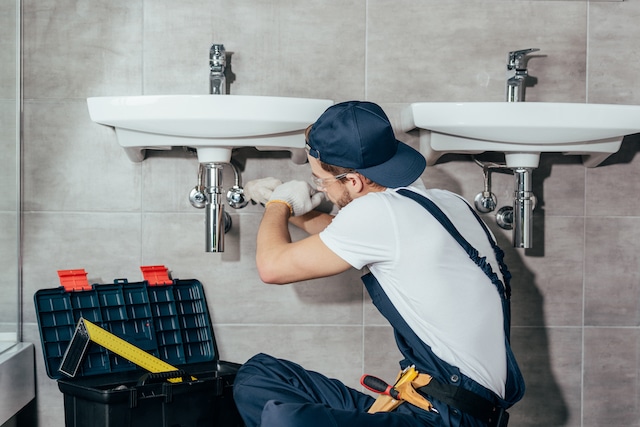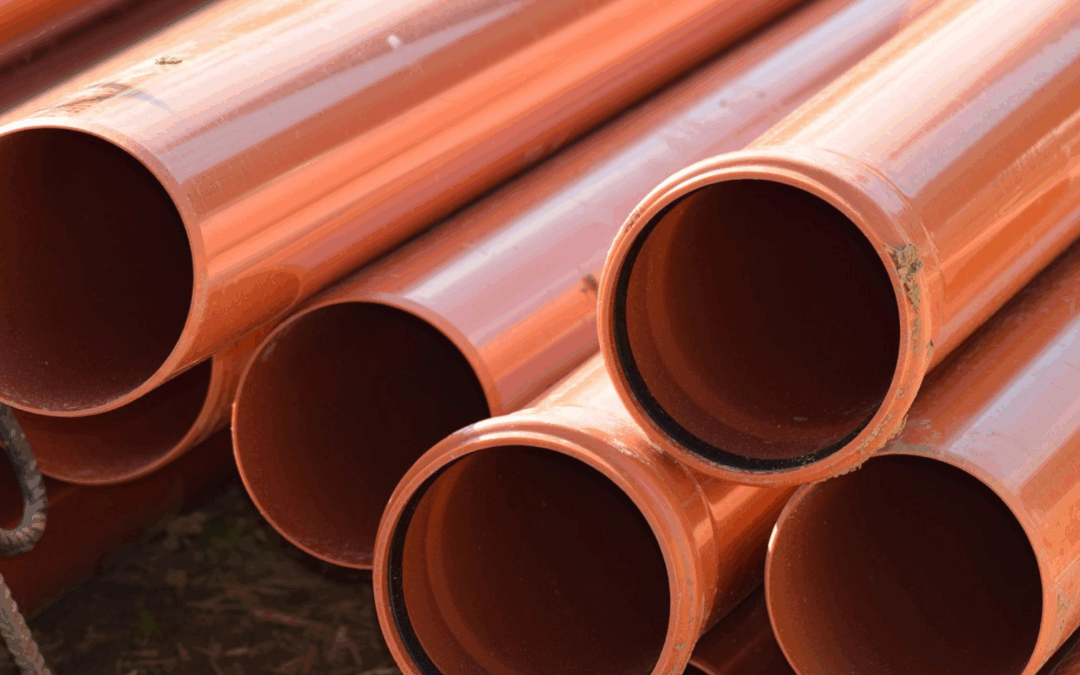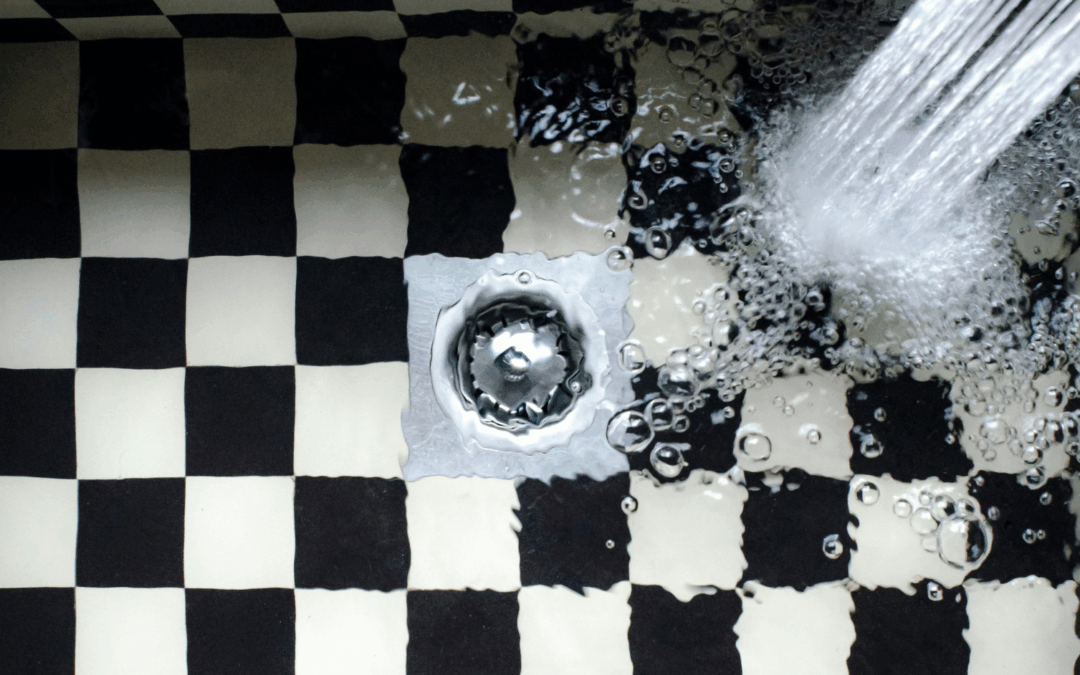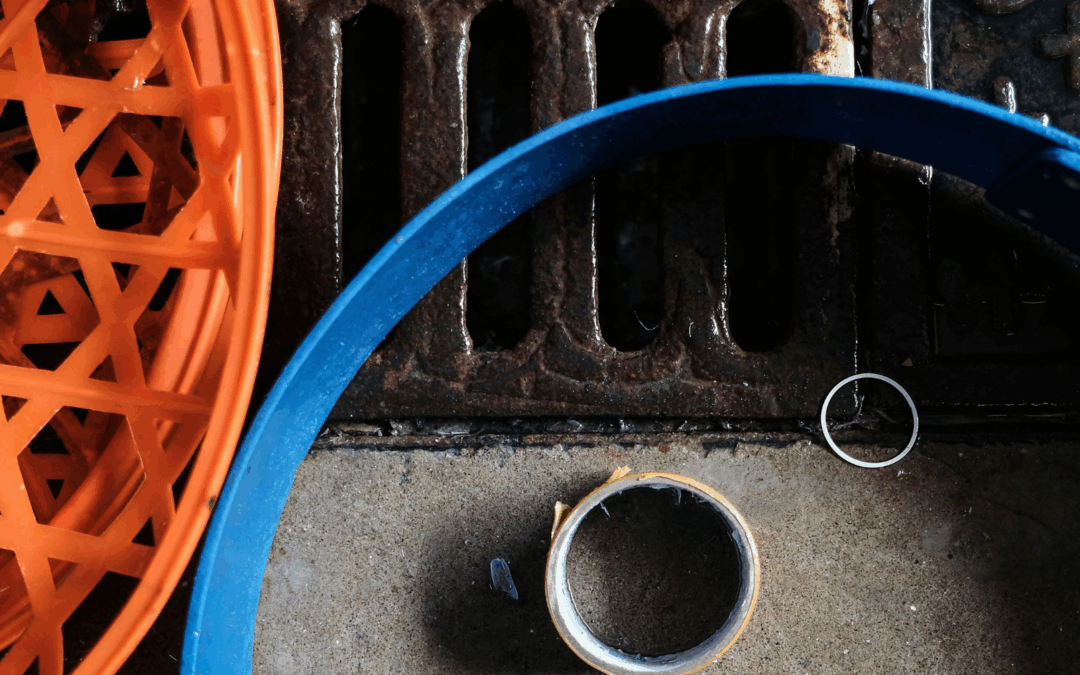When faced with a plumbing problem like a clogged drain, a burst pipe, or a faulty water heater, most homeowners find themselves asking a crucial question—how much does a plumber cost?
Whether you’re planning a kitchen sink replacement, fixing a garbage disposal, or undertaking larger plumbing projects, understanding plumbing repair costs can help you budget effectively and save money.
This blog will break down the costs associated with hiring a plumber, including cost factors, typical rates, and how emergency plumbing services differ. We’ll also provide insights into when to call a professional plumber versus tackling a job yourself.
Schedule Service Online
Get a free estimate so you know what you're signing up for
"*" indicates required fields
For Emergency Services Call: 410-255-9300
By the end, you’ll not only know what to expect to pay but also how to hire a qualified plumber without breaking the bank. Let’s dive in!
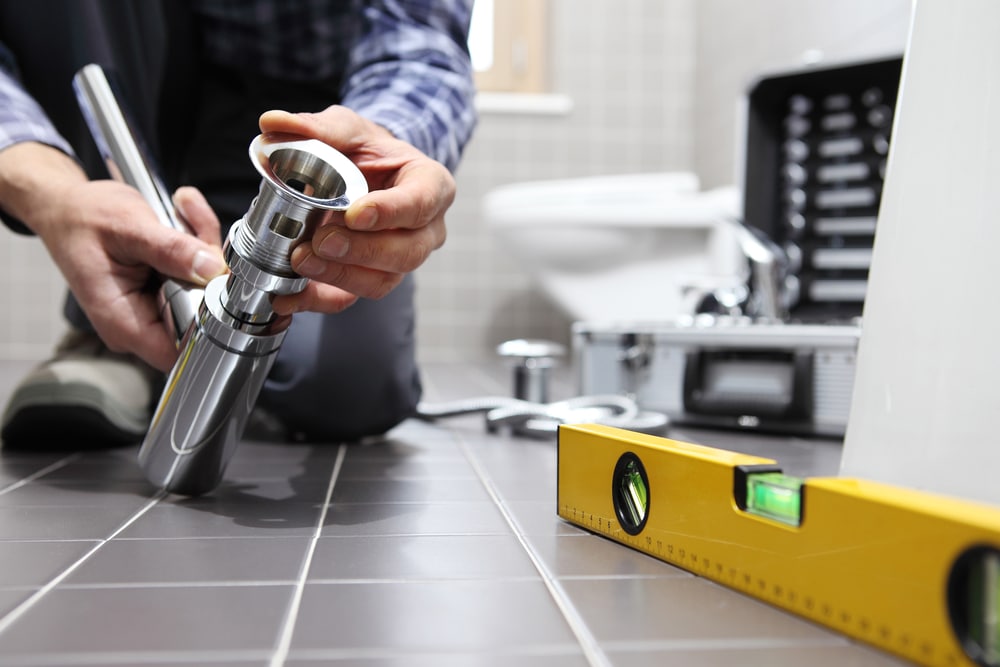
Types of Plumbing Services and Their Associated Costs
Most plumbers offer a variety of services ranging from essential repairs to larger installations. Here are some common plumbing services and their typical costs:
Plumbing Repair Cost
Plumbing repairs are an inevitable part of homeownership, addressing issues such as leaky faucets, clogged drains, or malfunctioning toilets. It’s essential to understand the costs associated with plumbing repairs to budget accordingly and make informed decisions. Here are some key factors to consider:
- The extent of the Repair: The complexity and scale of the repair significantly impact the cost. Simple fixes like replacing a washer or unclogging a drain may have a lower cost compared to more extensive repairs such as pipe replacements or sewer line repairs.
- Labor and Materials: The cost of labor and materials is a major component of plumbing repair costs. Plumbers may charge a flat fee for routine repairs or estimate the cost based on hourly rates for more time-consuming tasks. Additionally, the cost of materials needed for the repair, such as pipes, fittings, or fixtures, will also contribute to the overall cost.
- Location: plumbing repair costs can vary based on regional factors such as local labor rates, cost of living, and availability of plumbing services. Areas with higher living costs may have higher plumbing rates compared to others.
- Emergency Services: Plumbing emergencies often require immediate attention, and plumbers may charge additional fees for emergency services outside of regular working hours. It’s important to understand these potential surcharges when seeking urgent plumbing repairs.
To ensure transparency and avoid unexpected costs, it’s advisable to request a detailed estimate from the plumber before proceeding with any repair work. This estimate should outline the scope of the repair, labor costs, materials needed, and any additional charges.
Installing New Plumbing Systems
Installing new plumbing systems involves a different set of considerations and costs compared to repair services. When planning for the installation of new plumbing systems, homeowners should take into account the following factors:
- Type of System: The type of plumbing system being installed, such as water supply, drainage, or gas lines, will impact the overall cost. Each system has its own complexities and required materials, which can affect the total expenses.
- Materials and Equipment: The choice of materials and equipment for the new plumbing system will influence the cost. Opting for high-quality materials and efficient fixtures may result in a higher upfront investment but can lead to long-term savings and durability.
- Labor Costs: The labor costs associated with installing new plumbing systems depend on various factors, including the complexity of the project, the size of the property, and the time required for installation. Skilled plumbers with experience in installing specific systems may also charge higher rates.
- Permits and Inspections: Depending on local regulations, obtaining permits and scheduling inspections for new plumbing system installations may incur additional fees. It is essential to check with local authorities and factor in these costs when budgeting for the project.
- Additional Services: Additional services required during the installation, such as excavation, pipe insulation, or electrical work, may add to the overall cost. It is important to discuss these potential services with the plumber or contractor to ensure a comprehensive estimate.
To get an accurate estimate for the installation of new plumbing systems, it is recommended to consult with professional plumbers or contractors.
They can assess the specific requirements of the project, provide detailed cost breakdowns, and offer expert advice on the most suitable options for your home. Remember, investing in a well-designed and properly installed plumbing system can contribute to the overall functionality and value of your property.
Emergency Plumbing Services
In addition to planned installations or repairs, it’s crucial to consider the potential need for emergency plumbing services. Plumbing emergencies can arise unexpectedly and require immediate attention to prevent further damage to your property.
These emergencies may include burst pipes, severe leaks, clogged drains, or malfunctioning water heaters. While the cost of emergency plumbing services can vary depending on the severity of the issue and the time of the service, it’s essential to be prepared for these unexpected expenses.
When budgeting for your plumbing needs, consider setting aside funds specifically for emergency services to ensure that you can address any urgent plumbing issues promptly and minimize the potential for costly damages.
It’s always advisable to consult with professional plumbers to obtain a comprehensive understanding of potential emergency services and their associated costs.
- Service Call Fee: $50 – $200
- Emergency Fee: $100+ on top of the hourly rate

How Do Plumbers Charge for Their Work?
Plumbers charge customers using one of two primary methods:
Hourly Rates
On average, plumbers’ hourly rates range from $50 to $200 per hour, depending on their experience and qualifications.
- Journeyman Plumber Hourly Rate: $80 – $110/hour
- Master Plumber (highly skilled and experienced): $120 – $200/hour+
These rates may include a flat fee for the first hour of service to account for travel and setup time.
Flat Rates
Flat rates are often charged for common jobs like replacing a toilet or fixing a garbage disposal. The advantage of a flat fee is that you know the total cost upfront, but it might be higher than the hourly rate for smaller jobs.
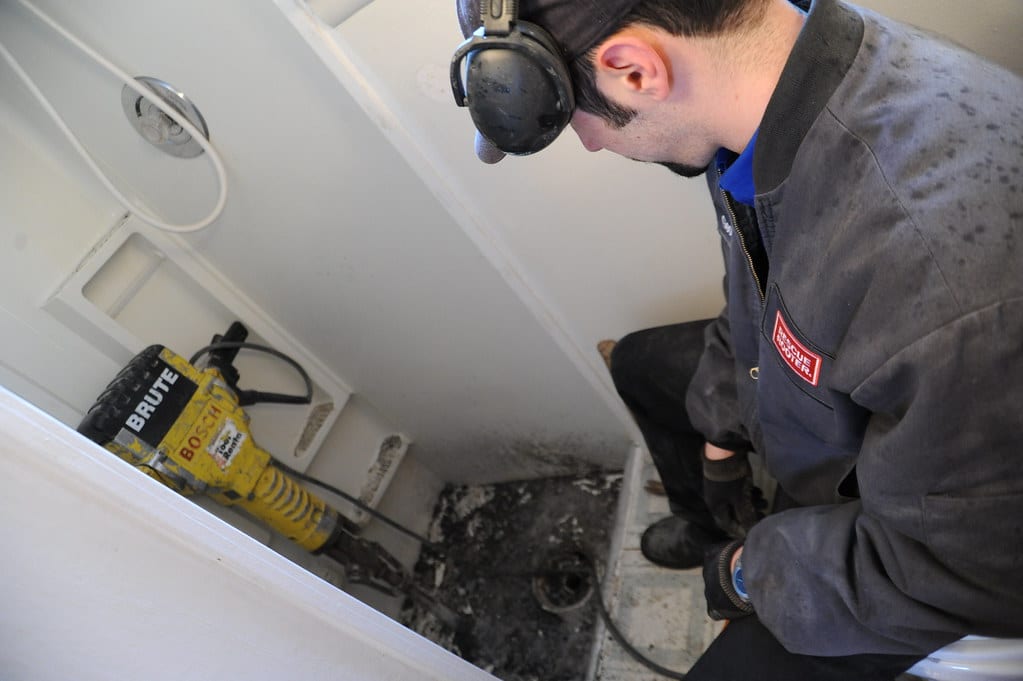
Factors That Influence The Plumber Cost
It’s essential to understand the cost factors that influence how much you’ll pay for a professional plumber. These variables can significantly affect your final bill.
Type of Plumbing Problem
Simple jobs like unclogging a drain will cost far less than repairing a full plumbing system or addressing something like water damage from burst pipes.
Materials Needed
The materials needed for the job also play a significant role. For instance, installing a new toilet may cost less in materials than replacing a damaged water heater.
Location
Rates often vary based on whether you hire local plumbing companies or larger, chain-based plumbing businesses. Additionally, labor rates in urban areas are typically higher than in rural locations.
Timing
If you need emergency plumbing services during holidays or late at night, you’re likely to encounter steep emergency fees.
Size of the Job
Small plumbing repairs take fewer hours to complete, while larger jobs may require a team of plumbers, increasing labor costs.

Save Money When Hiring a Plumber
Hiring a plumber doesn’t have to drain your wallet. Here are some practical tips to save money without compromising on quality:
Compare Quotes
Reach out to several local plumbing businesses to compare quotes. This will help ensure you’re paying a fair rate.
Plan Regular Repairs
Preventative maintenance can help you avoid costly emergency plumbing services. Schedule regular checkups for your plumbing systems.
Opt for Licensed Professionals
Always hire a qualified plumber or master plumber. While their rates may be higher, they’ll save you money by doing the job right the first time.
Buy Materials Yourself
If possible, purchase the materials (e.g., a new bathroom faucet or garbage disposal) yourself. Many plumbers will allow this and charge only for labor.
Bundle Plumbing Projects
If possible, address multiple plumbing jobs at once to reduce trip fees and overall rates.
DIY or Call a Professional?
For smaller issues like a minor clogged drain or installing a faucet, it may make sense to roll up your sleeves and tackle the job yourself. However, for more complex or urgent problems like water heater replacement or water damage repair, it’s best to bring in the professionals.
When to Call a Professional Plumber
- Burst pipes or major leaks
- Low water pressure throughout the house
- Persistent clogs in sinks, toilets, or sewer systems
- Replacing large fixtures like a water heater or kitchen sink
How Much Does a Plumber Make? Why Rates Reflect Their Expertise
According to labor statistics, the average plumber makes about $25 to $50 per hour in take-home pay. However, factors like licensing, certifications (e.g., master plumber, journeyman plumber), and the region can increase these rates.
Remember that when you’re paying for a plumber, you’re compensating not just for their time but also for their training, tools, and expertise.
What to Expect When Hiring a Plumber
Here’s what to anticipate when contacting local plumbing companies or an emergency plumber:
- Service Call Fees: This covers the cost of assessing the job.
- Quote: After the assessment, you’ll receive a quote for the job, which may include a flat fee or estimated hourly rate.
- Completion: A skilled plumber will efficiently handle the task—likely saving you from costly repairs down the road.
Related Resources
Plumbing Emergencies: What to Do and How to Prevent Them
Learn how to handle common plumbing emergencies and preventive measures to avoid costly damages.
Choosing the Right Emergency Plumber
Explore tips on selecting a reliable and experienced emergency plumber for prompt and efficient services.
Plumbing Maintenance Checklist
Use this checklist to ensure you’re prepared for plumbing emergencies and to minimize potential risks.
DIY Plumbing Repairs: When to Call a Professional
Discover when it’s safe to attempt DIY plumbing repairs and when it’s crucial to seek professional assistance.
Preventing Plumbing Emergencies: Routine Maintenance Tips
Learn about routine maintenance practices that can help prevent plumbing emergencies and prolong the lifespan of your plumbing system.
Understanding Plumbing Insurance Coverage
Familiarize yourself with the types of insurance coverage available for plumbing emergencies and how they can protect your property and finances.
By exploring these resources, you can gain valuable insights and knowledge to effectively handle plumbing emergencies, make informed decisions, and ensure the long-term functionality and durability of your plumbing system.

Fix Your Plumbing Problem Without the Guesswork
Plumbing costs may seem intimidating at first glance, but with the right knowledge and preparation, most homeowners can handle hiring a plumber confidently. Whether you need help with routine plumbing repairs, larger plumbing jobs, or emergency services, understanding the rates and cost factors can help you budget and save money.
For more advice on tackling your home improvement projects, stay tuned to our blog. Got a plumbing emergency? Reach out to trusted local plumbing companies today and get the problem fixed by a professional.

